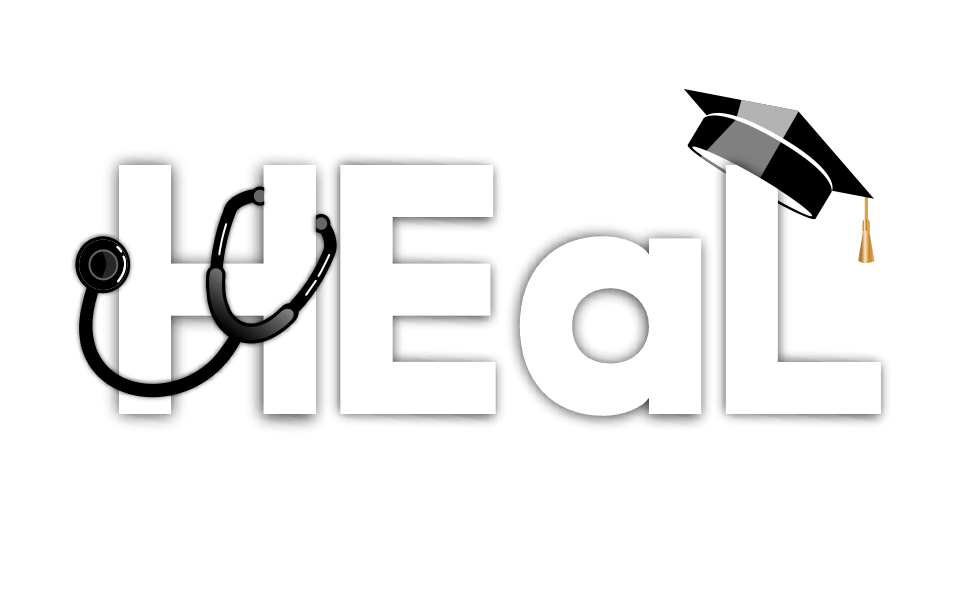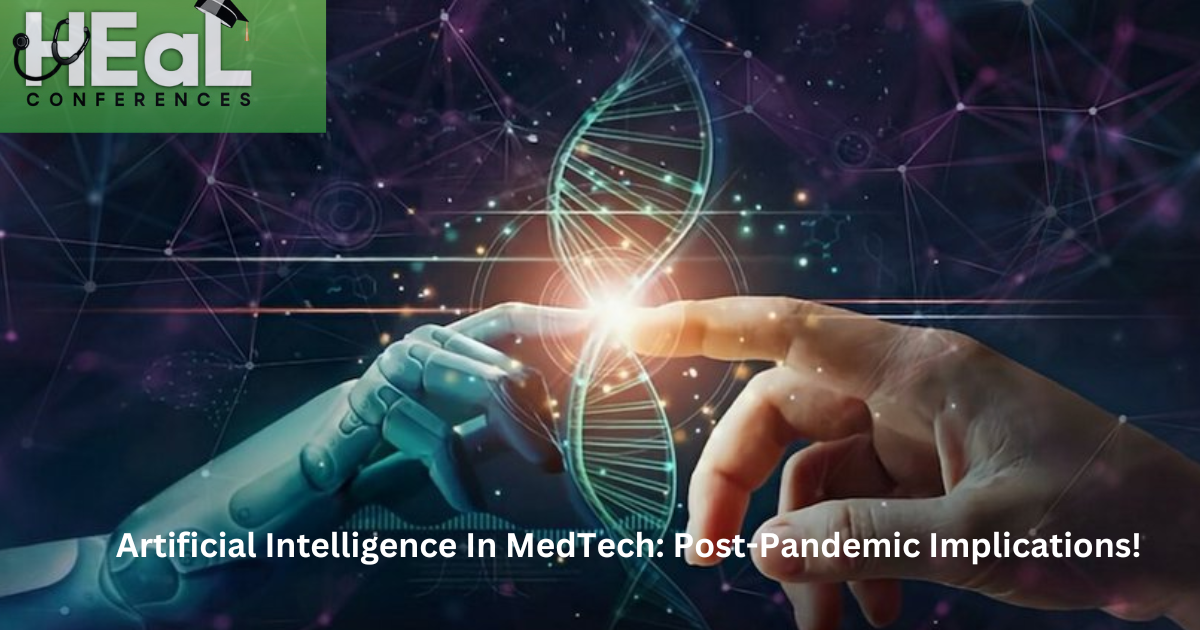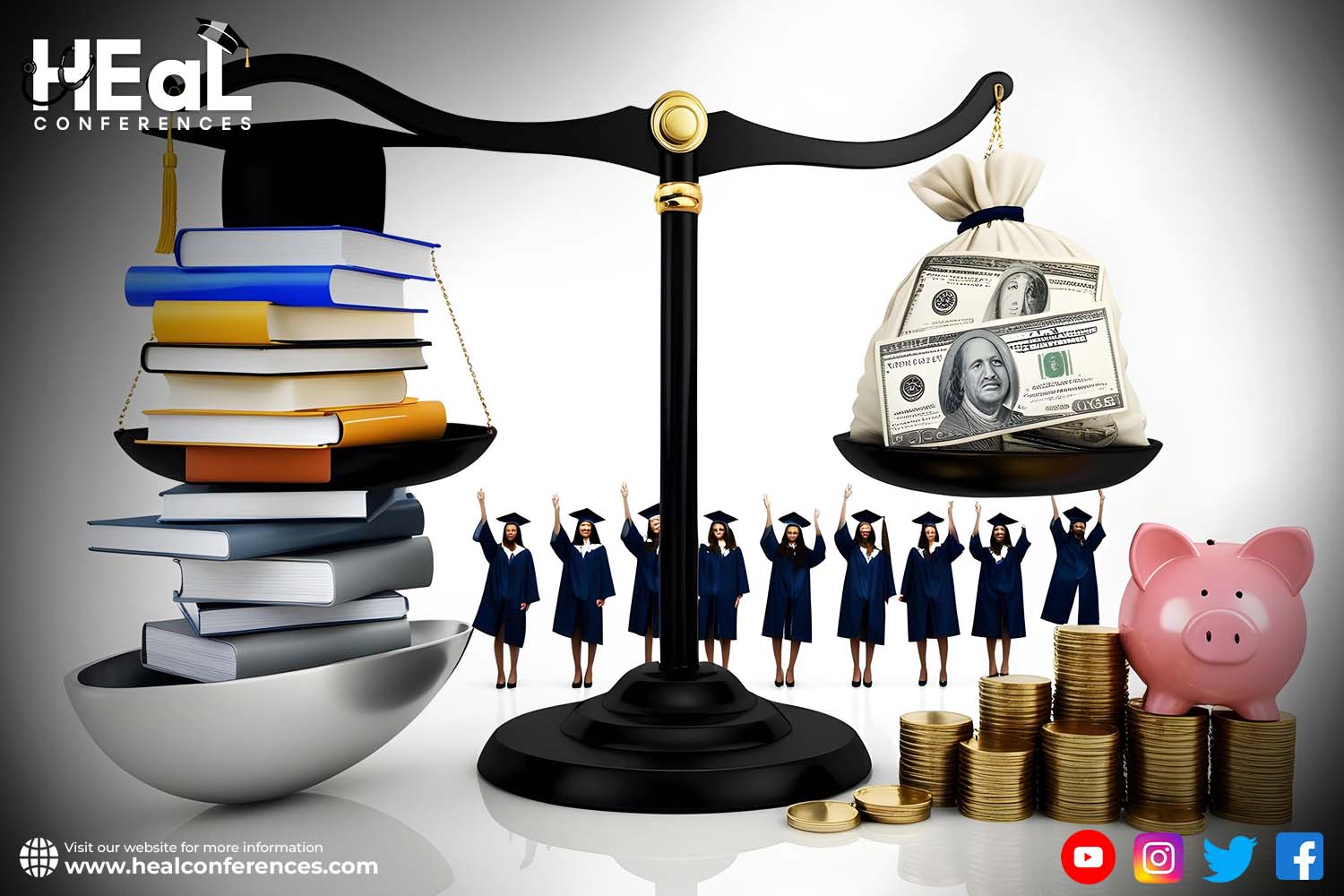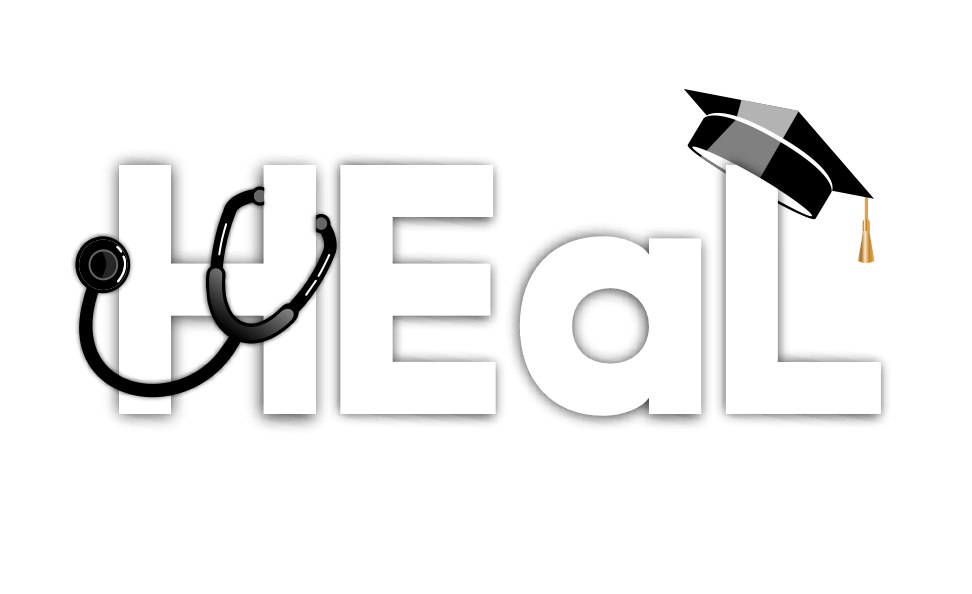The symbiotic link between technology and healthcare has undergone a significant metamorphosis in a society that the worldwide epidemic has irrevocably changed. One of the most remarkable and promising outcomes of this evolution is the integration of Artificial Intelligence (AI) into Medical Technology (MedTech). Eminent specialists were brought together for a panel discussion at the HEaL Conferences, the best “Healthcare Event in the USA,” on July 28, 2023, where they discussed the consequences of this synergy.
The conversation was fascinating and educational for the audience. At the Healthcare Event in the USA, the discussion highlighted the revolutionary influence of AI in MedTech and how it is changing healthcare in the post-pandemic period with panelists Mark Ganott, Dr. Joanne Elizabeth Wescott, and Dr. Aakanksha Pandit.
Can AI Redefine MedTech?
Artificial intelligence (AI) to medical technology (MedTech) has emerged as a key area of innovation and optimism in the wake of the global pandemic.
Can artificial intelligence really redefine medical technology?
AI has the potential to revolutionize proactive healthcare, personalized therapy, and rapid processing of enormous amounts of medical data. The HEaL Conferences panelists Mark Ganott, Dr. Joanne Elizabeth Wescott, and Dr. Aakanksha Pandit agreed that AI’s revolutionary capacity could redefine MedTech and guide in a future where technology and humanity collaborate for improved medical care, despite ongoing issues like ethics and privacy.
Empowering Diagnostics and Treatment:
The discussion focused on AI’s role in accelerating medical diagnosis under “Accelerating Diagnostics.” Our panelists spoke on how AI algorithms have proven remarkably accurate at identifying diseases. This innovation improves diagnosis accuracy while quickening the healing process, which is essential in life-threatening situations.
Predictive Insights and Preventive Care
In the post-pandemic world, predictive analysis became a game-changer. In order to enable prompt responses, panelists gave examples of AI-powered algorithms that may predict disease outbreaks based on patterns in health data. They emphasized the potential of wearable technology and health apps that make use of AI to track vital signs, spot anomalies, and notify medical staff of potential health problems. This kind of connection between AI and MedTech has the potential to change the focus of healthcare from reactive to proactive, thereby lightening the load on healthcare infrastructure.
Ethics, Privacy, and Bridging the Gap
Ethics and privacy issues related to the connection of AI and healthcare are covered under the section “Navigating Challenges.” Transparent algorithms, data security, and patient consent were all emphasized by our panelists. They agreed that despite technical developments, healthcare still requires a human touch. To ensure responsible development and implementation of AI in MedTech, they emphasized the necessity for interdisciplinary collaboration between AI experts, medical professionals, and policymakers.
Conclusion:
The conclusion of the Healthcare Technology Conference panel made it clear that the use of AI in medical technology is a sign of optimism for the post-pandemic future. The panelists, Mark Ganott, Dr. Joanne Elizabeth Wescott, and Dr. Aakanksha Pandit’s perspectives, focused on how AI has the ability to alter medical technology and create a better future for all people. Beyond cutting-edge innovations, the symbiotic relationship between AI and MedTech is about a profound dedication to healing, progress, and human well-being.






